.webp)
Capital One
Financial marketing is terrible. Banks hire expensive agencies to produce phrases like "Your Partner in Success" or "Building Better Tomorrows." Nobody remembers these.
But occasionally a bank lands on something that sticks. A phrase that burrows into your brain. These slogans worked because they made a clear promise or were too strange to ignore.
Here are the ones that mattered, plus the messy reality behind them.

Wells Fargo (2010-2016)
Wells Fargo launched this slogan after the 2008 crash. Trust in banks had collapsed. People needed reassurance.
The irony hurts. While running heartwarming ads about the community, employees were opening millions of unauthorized accounts. By 2016, regulators discovered over 3.5 million fake accounts created to hit sales targets. The scandal cost $3 billion in fines and killed the slogan.
The campaign used real customers and employees. People responded, which makes the betrayal so much worse.
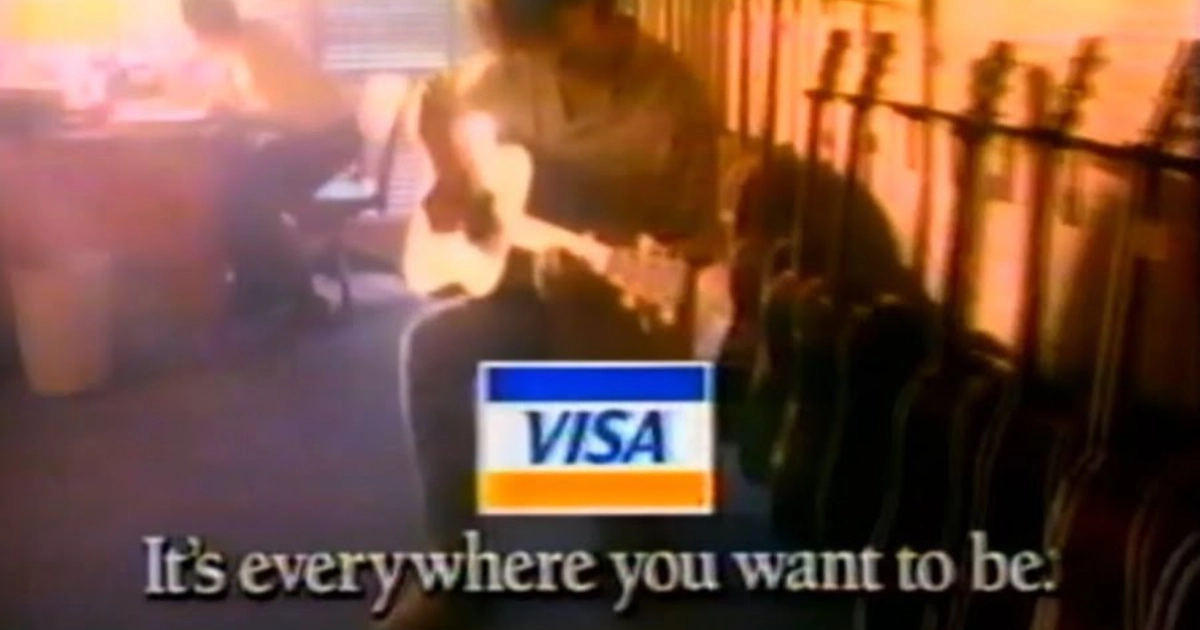
Visa (1985-2007)
Visa needed to differentiate from AmEx, which dominated premium card marketing. Their solution: position Visa not as exclusive but as universal.
The campaign showed people at events, restaurants, and locations that didn't accept AmEx. The message: prestige means nothing when your card gets rejected.
This was direct competitor targeting. The ads never mentioned AmEx by name, but everyone understood. Visa grew acceptance to over 20 million locations globally.
The slogan shifted to "Life Takes Visa" in 2007, then "More People Go with Visa" in 2014. But the original captured something essential: accessibility matters more than status.
Visa trademarked the slogan and successfully sued competitors who tried variations.

Citibank (2007-2014)
Borrowed from Sinatra. Citibank wanted you to think of them as always working, always available.
They spent $1 billion launching the slogan across 100 countries. The campaign showed city lights, time zones, and the promise of tireless service.
Then they needed a $45 billion government bailout. The slogan launched in 2007, right before the crisis. They kept it until 2014, then quietly moved on.

Bank of America (2017-present)
After cycling through multiple approaches, BofA picked this deliberately vague phrase. Connected means whatever you need it to mean: mobile banking, relationships, community.
The campaign emphasized technology. It was a smart bet. By 2024, they had 58 million digital banking customers.
They tested over 200 slogans before choosing this one. Focus groups, surveys, eye-tracking studies. They analyzed data for months to pick seven words that mean nothing specific.
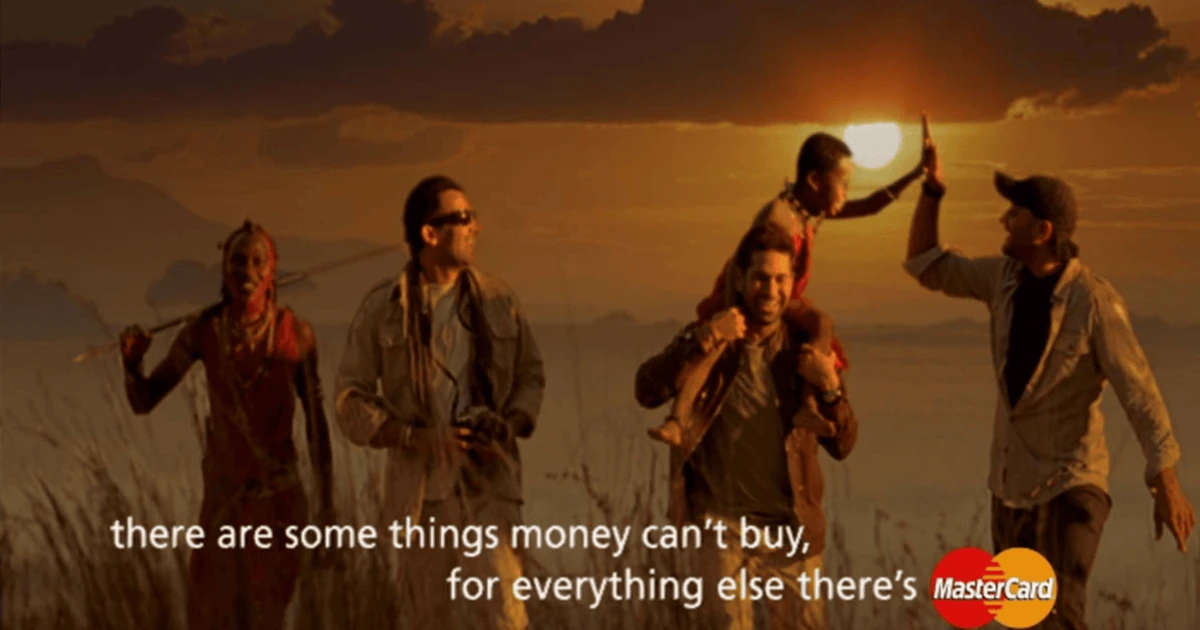
Mastercard (1997-present)
Twenty-eight years and counting. The "Priceless" campaign launched in 1997 across 98 countries.
The formula was consistent: show purchases with prices, then show an emotional moment without one. "Baseball tickets: $50. Hot dogs and drinks: $30. Spending the afternoon with your son: priceless."
McCann Erickson created it. The structure let Mastercard localize the campaign for different cultures while keeping the core message. They made over 1,000 commercials using this template.
The brilliance was acknowledging what everyone knows but other financial companies ignored: money is just a tool. The valuable things (relationships, experiences, memories) can't be purchased. Mastercard positioned themselves as understanding this while being the means to facilitate those moments.
They trademarked "Priceless" and built an entire ecosystem around it. Priceless Cities offered experiences to cardholders. Priceless Surprises gave away trips and concert tickets.
The campaign won over 200 advertising awards.
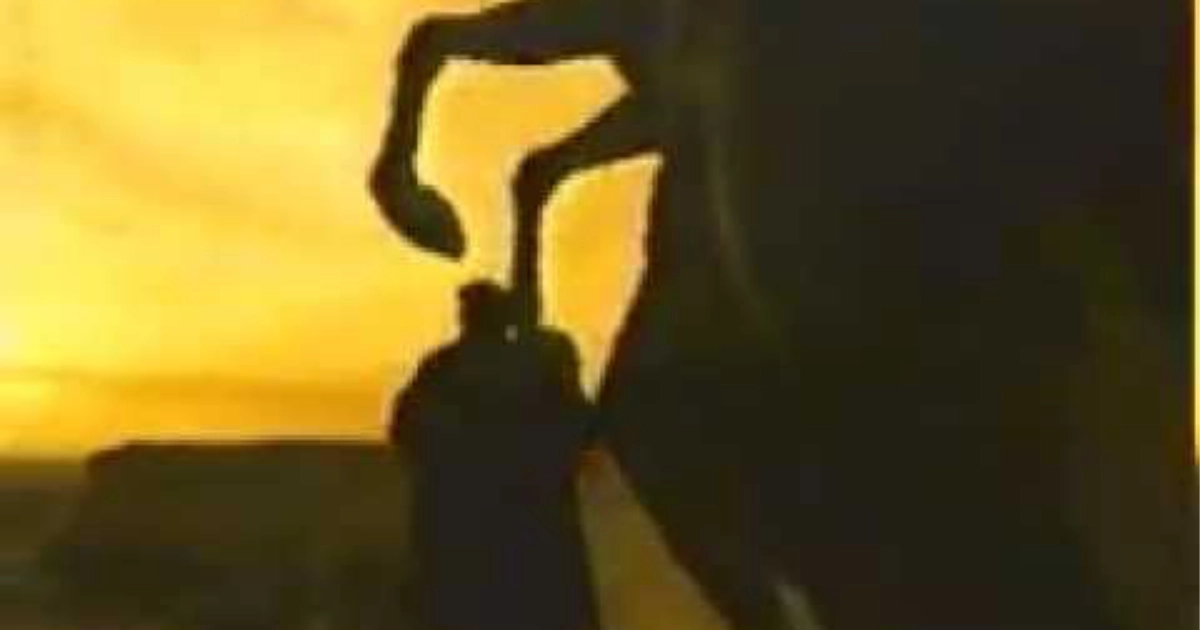
Chase (2008-2017)
Chase attempted to be the anti-corporate bank while being a $2.5 trillion corporation. They launched post-crisis, promising personal attention.
The campaign featured actual Chase bankers, not actors. They filmed in real branches.
The campaign worked so well that they even trademarked the slogan.
They backed the slogan by opening hundreds of branches while competitors closed theirs. The strategy worked. Chase became America's largest bank.

Capital One (2000-present)
Twenty-five years running. You probably can hear this slogan in your head right now.
Capital One hired Vikings. The campaign started with barbarians pillaging villages, then asking shoppers about credit cards. Absurd, memorable, effective.
The Vikings ran for years before Capital One rotated through celebrities: Jimmy Fallon, Samuel L. Jackson, and Jennifer Garner. The question remained constant. The brilliance is putting you in control. Not "we're the best" or "trust us." Just asking what you carry.
Capital One spent over $1 billion on advertising in 2019 alone. They outspend nearly every competitor. The slogan works partly through repetition. You cannot escape it.
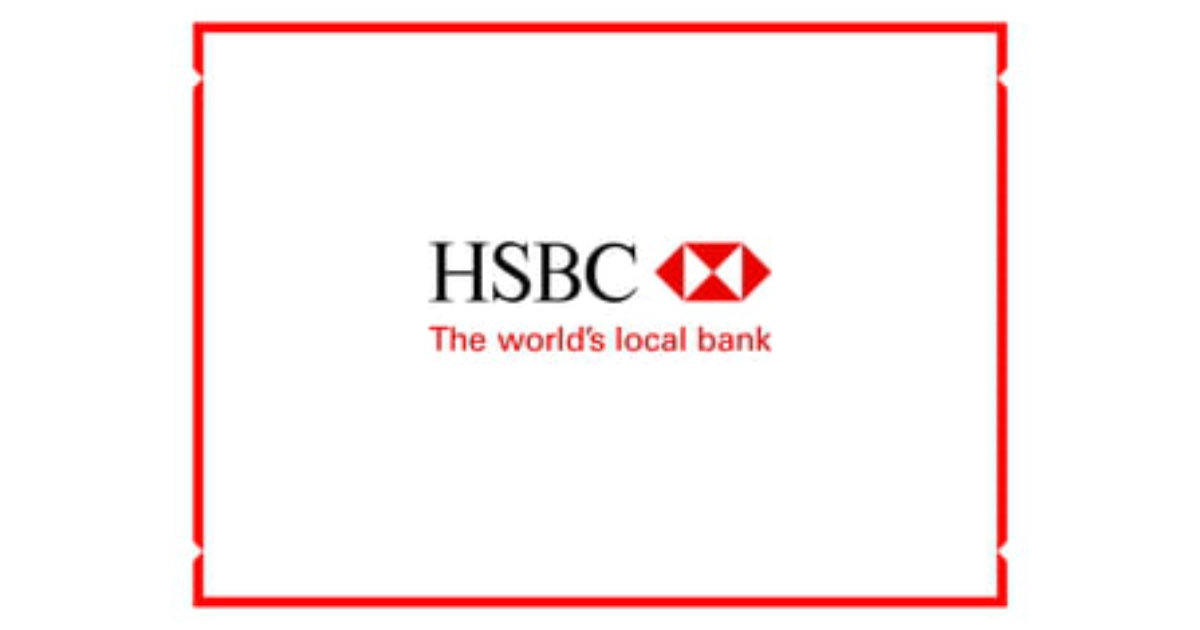
HSBC (2002-2016)
HSBC tackled an impossible problem: making a massive international bank feel personal. They claimed to be both global and local.
They launched with "Different Values," showing how gestures carry different meanings across cultures. A nod means yes in most places, no in Bulgaria. The ads positioned HSBC as culturally fluent.
The campaign cost over $300 million across 54 countries.
Calling yourself "local" while being the seventh-largest bank globally requires gymnastics. They retired the slogan after scandals: helping wealthy clients evade taxes, laundering money for drug cartels.
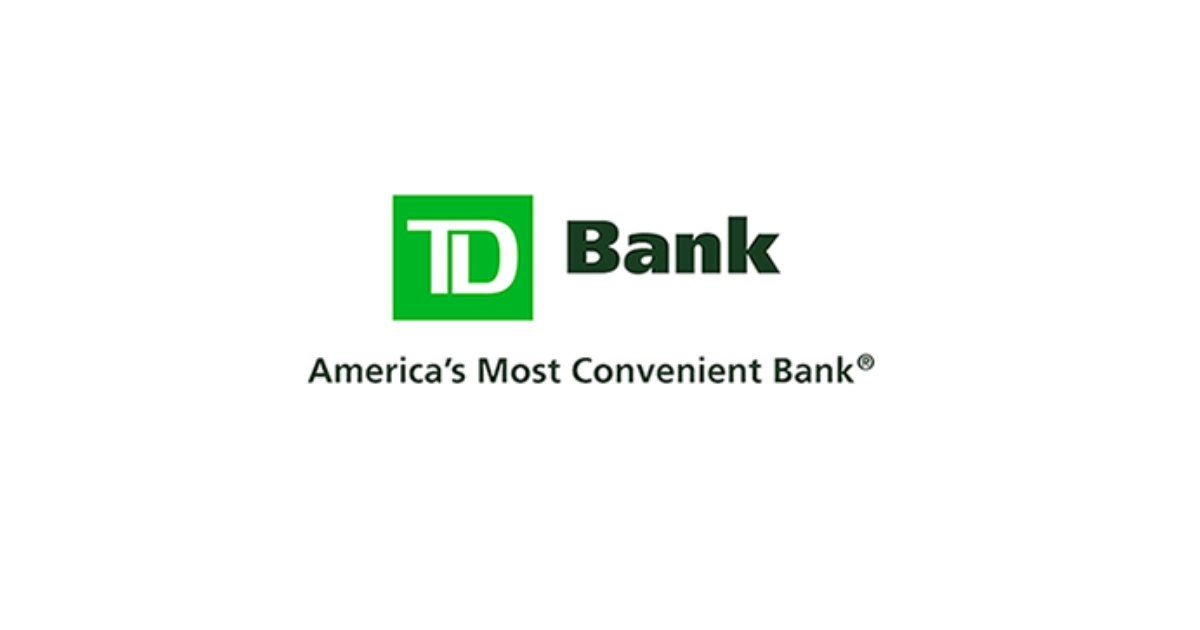
TD Bank (2010-present)
TD chose simplicity with this tagline. They wanted you to know: we're here, we're open, we're accessible.
They delivered. Extended hours seven days a week. Many branches open until 8 p.m. Free coin-counting machines. Dog treats at drive-throughs. Small actions that mattered.
The marketing emphasized customer service rankings and convenience features. No celebrities, no emotional appeals. Just "we're open when you need us." They grew from 600 to over 1,100 U.S. branches.
TD employees can spend up to $50 fixing customer problems without manager approval. That policy bakes the slogan into operations.
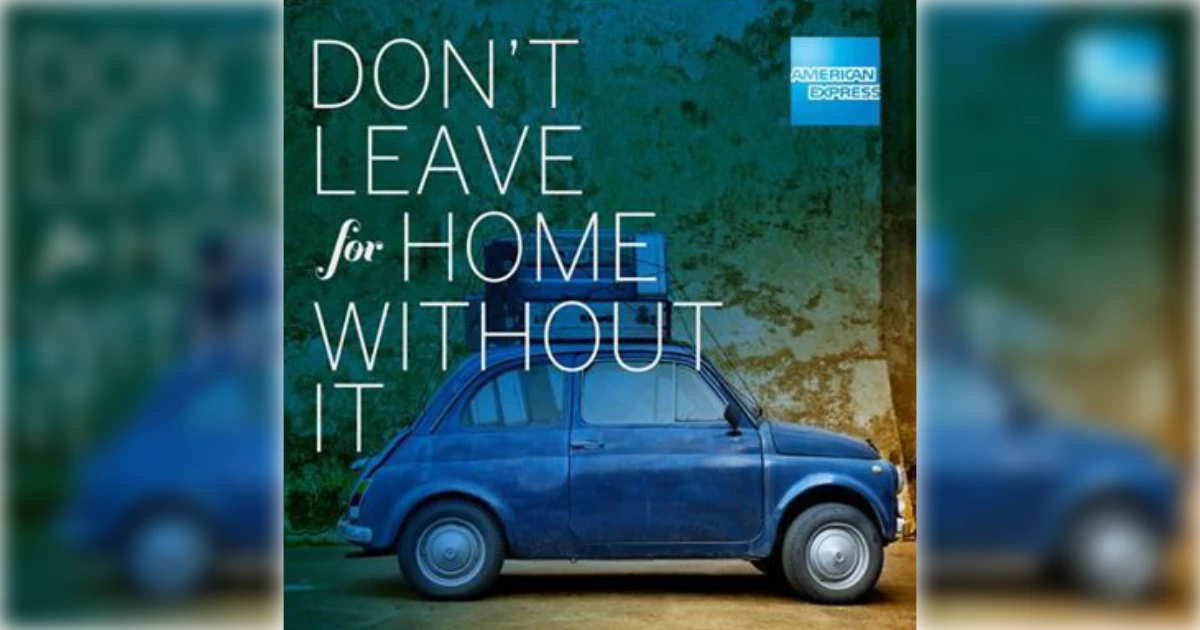
American Express (1975-present)
The original slogan for American Express. Created by Ogilvy & Mather. Karl Malden delivered it in late 70s and 80s television spots, emphasizing travel anxiety and Amex security.
This slogan shaped financial marketing for everyone after. It created urgency. Not "you might want this" but "you need this and will regret not having it."
The phrase embedded itself in culture so deeply that people still reference it, though AmEx moved away from it years ago.
They replaced it with "Don't Live Life Without It" in the 2000s, then shifted to "Membership Has Its Privileges." But nothing matched the original term.